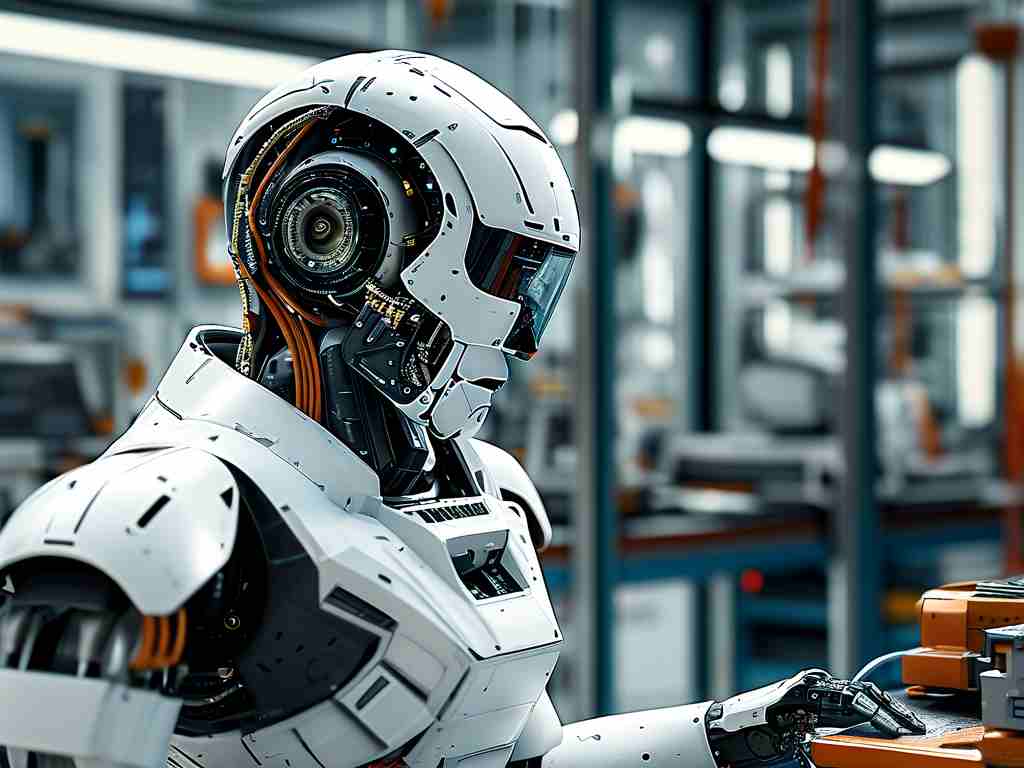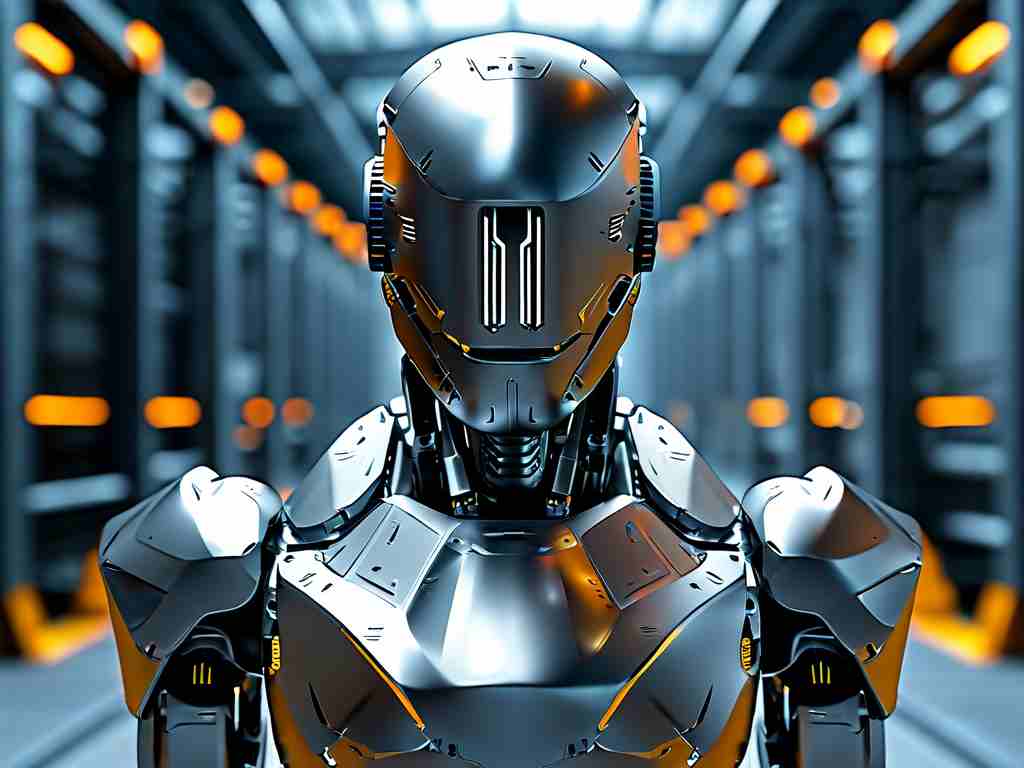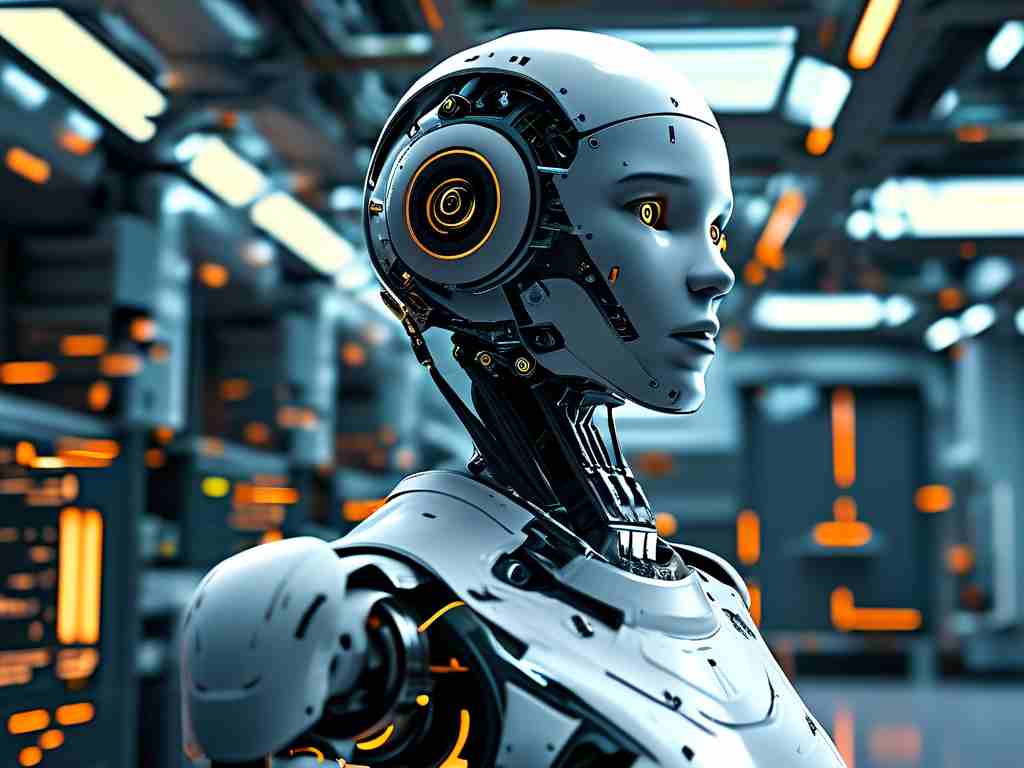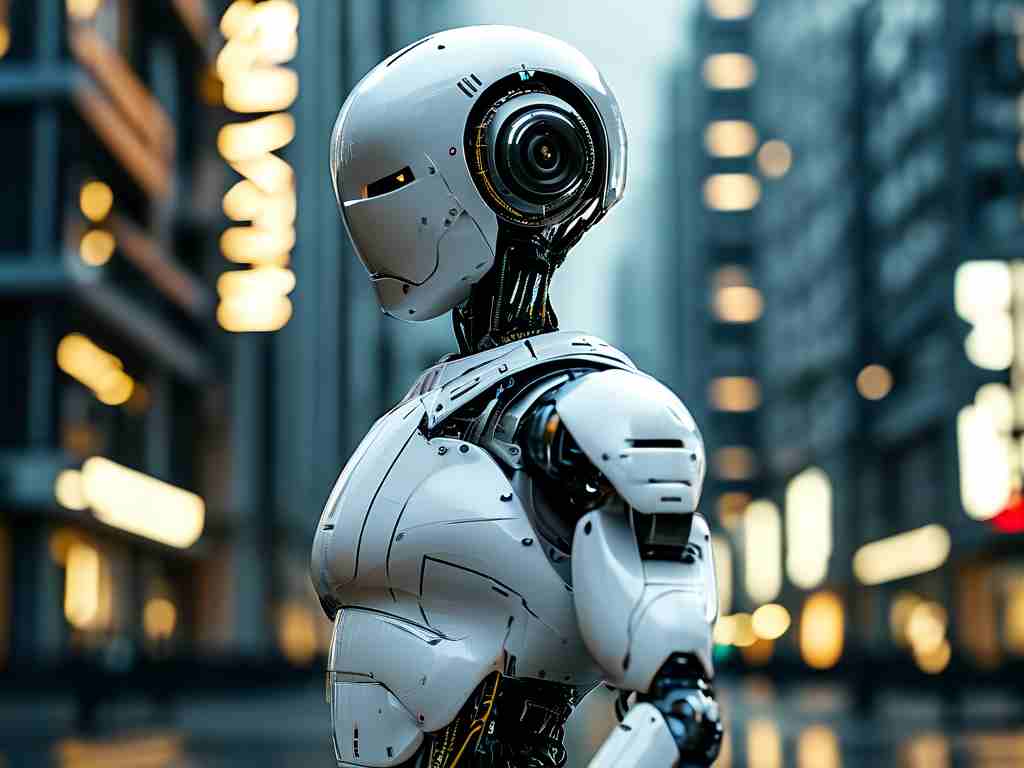Taiwan has emerged as a quiet powerhouse in intelligent robotics, blending cutting-edge semiconductor expertise with creative engineering solutions. While global attention often focuses on robotics developments in Japan or the United States, Taiwanese researchers and manufacturers have been making significant strides in developing adaptive systems that bridge hardware precision with cognitive computing capabilities.
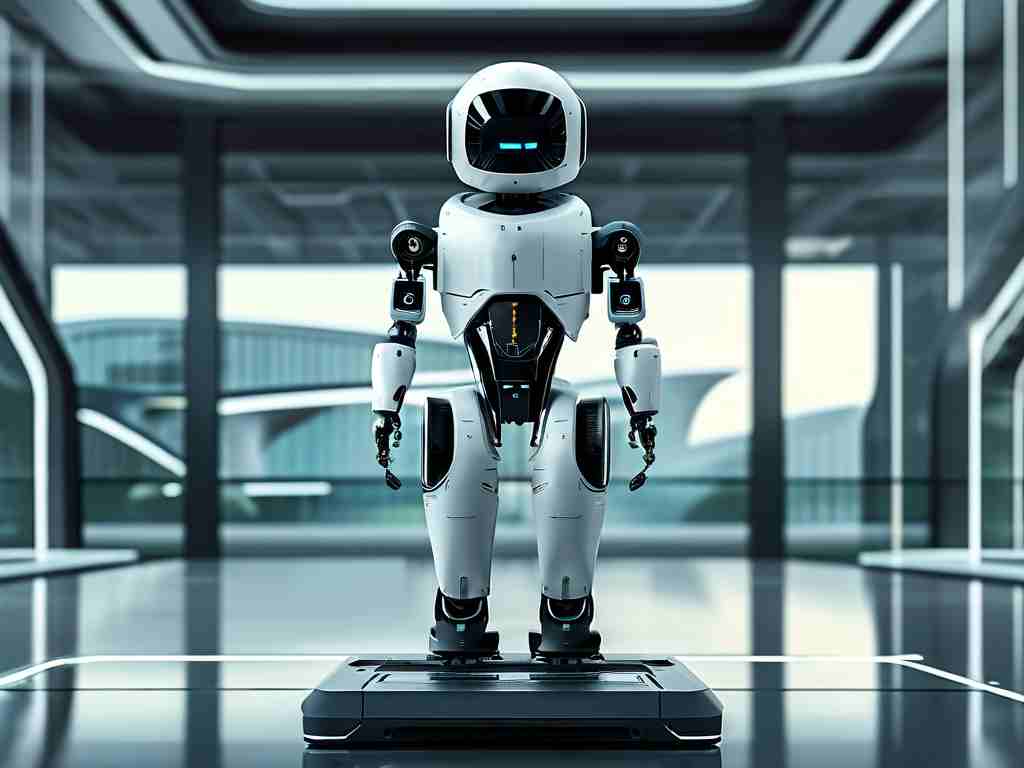
The island's unique position in the global tech supply chain has accelerated robotics innovation. Companies like Delta Electronics and Foxconn have pioneered industrial automation solutions that integrate machine vision with real-time data processing. A notable breakthrough came in 2022 when a Taipei-based team developed multi-axis robotic arms capable of self-calibrating micron-level precision through embedded AI algorithms – a technology now being adopted in precision manufacturing sectors worldwide.
What sets Taiwan's approach apart is its emphasis on human-robot collaboration. The Industrial Technology Research Institute (ITRI) recently unveiled a co-bot system that uses natural language processing specifically optimized for Mandarin-English hybrid commands. This linguistic adaptability addresses a critical gap in Asian manufacturing environments where technical terminology often blends multiple languages.
Medical robotics represents another frontier. A Taichung medical device startup has commercialized AI-guided surgical assistants that reduce procedure times by 40% while maintaining 99.8% operational accuracy. These systems employ Taiwan-made chipsets that balance computational power with energy efficiency – a crucial factor for prolonged surgical operations.
The government's "Smart Machinery Promotion Office" has been instrumental in fostering cross-industry partnerships. Through its funding initiatives, academic institutions like National Taiwan University have collaborated with semiconductor firms to develop neuromorphic chips that mimic biological neural networks. Early prototypes demonstrate 30% faster decision-making in unstructured environments compared to conventional processors.
Service robotics is witnessing particularly creative applications. A Tainan-based company has deployed AI concierge robots across Taiwan's tourism hotspots, capable of understanding local dialects and recommending personalized itineraries. These units utilize a proprietary emotion recognition system that analyzes facial micro-expressions and vocal patterns to enhance user interactions.
Challenges persist in scaling these innovations globally. Intellectual property protection remains a key concern, given the intense competition in consumer robotics markets. Additionally, Taiwan's robotics community faces talent shortages in mechatronic systems integration – a gap being addressed through new interdisciplinary programs at Tsinghua University and Chiao Tung University.
Looking ahead, Taiwan's robotics roadmap emphasizes sustainable automation. Researchers are developing energy recovery mechanisms for industrial robots that can feed excess kinetic energy back into power grids. Pilot projects in Kaohsiung's smart factories have demonstrated 15% reductions in overall energy consumption through this technology.
The island's position in the global robotics ecosystem continues to evolve. From precision actuators using rare-earth-free motors to AI systems that adapt to individual user behavior patterns, Taiwan is carving out a distinctive niche. As these technologies mature, they promise to redefine how intelligent machines interact with both industrial systems and human operators.


